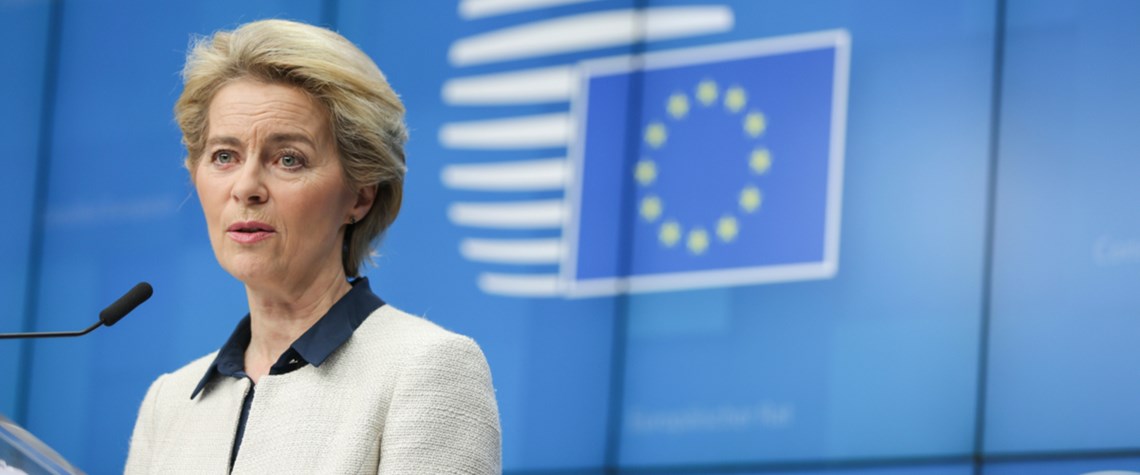Letter from Brussels: National realpolitik may water down EU climate policy
The EU is staking out a clear path towards climate neutrality, pursuant to its green deal. But national implementation in the decade ahead may fall short
The European Commission appears to have broad political support for its flagship climate policy. But it may lose steam when EU member states face translating policy into concrete action, with national governments keen to protect domestic industries and consumers while the economic consequences of Covid-19 continue to resonate. In October, the Commission presented the fifth edition of its State of the Energy Union report. This year’s publication boasts of progress on EU energy market integration, with a significantly more liquid European gas market—trading volumes on EU gas hubs saw an impressive 32pc year-on-year growth in the first quarter of the year alone. And it identifies "a clear need

Also in this section
17 February 2026
The 25th WPC Energy Congress, taking place in Riyadh, Saudi Arabia from 26–30 April 2026, will bring together leaders from the political, industrial, financial and technology sectors under the unifying theme “Pathways to an Energy Future for All”
17 February 2026
Siemens Energy has been active in the Kingdom for nearly a century, evolving over that time from a project-based foreign supplier to a locally operating multi-national company with its own domestic supply chain and workforce
17 February 2026
Eni’s chief operating officer for global natural resources, Guido Brusco, takes stock of the company’s key achievements over the past year, and what differentiates its strategy from those of its peers in the LNG sector and beyond
16 February 2026
As the third wave of global LNG arrives, Wood Mackenzie’s director for Europe gas and LNG, Tom Marzec-Manser, discusses with Petroleum Economist the outlook for Europe’s gas market in 2026







